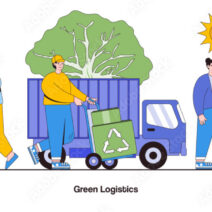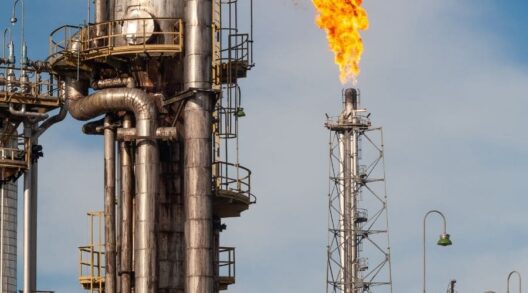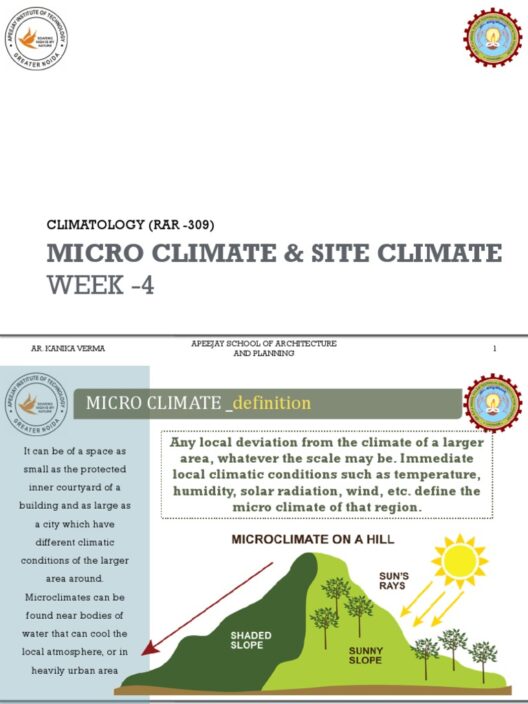In the ongoing discourse surrounding climate change, burning natural gas often emerges as a linchpin of debate. Advocates tout its cleaner-burning properties compared to other fossil fuels, while critics underscore the perplexing reality of its impact on global warming. So, can burning natural gas actually accelerate global warming? To grasp this multifaceted issue requires a deeper exploration of the underlying science, economic implications, and environmental consequences associated with natural gas usage.
To comprehend the complexities of natural gas consumption, it is essential to examine its chemical composition as well as its combustion byproducts. Primarily composed of methane (CH₄), natural gas is favored for its efficiency and lower carbon dioxide emissions compared to coal or oil. When burned, it generates substantial energy with relatively few greenhouse gas emissions, fueling the ongoing transition towards “clean” energy alternatives. However, this perspective, while enticing, can be deceptive.
While the immediate emissions from burning natural gas may appear negligible, one must consider the full lifecycle emissions associated with its extraction, transportation, and utilization. Methane, the primary component of natural gas, possesses more than 25 times the global warming potential of carbon dioxide over a 100-year period, according to research conducted by climatologists. Consequently, even minor leaks in the natural gas supply chain can skew the overall climate impact significantly. The phenomenon known as “fugitive emissions” occurs at various stages, particularly during extraction and pipeline transportation, where methane can escape into the atmosphere.
Meticulous studies have unveiled alarming statistics regarding methane leakage. Some estimates suggest that the leakage rate could be as high as 3 to 5 percent. In certain instances, aggressive fracking techniques and aging infrastructure exacerbate the problem, resulting in increased emissions that can negate the purported climate benefits of using natural gas over other fossil fuels. This presents a conundrum: the shift toward natural gas as a “bridge fuel” to renewable energy may inadvertently entrench it within our energy systems and prolong dependence on fossil fuels rather than expedite the transition to a carbon-neutral future.
It is paramount to scrutinize the broader implications of increased reliance on natural gas in the context of energy policy. Policymakers frequently advocate for natural gas as a pragmatic solution to combat climate change, a position underpinned by the expectation that it can supplant coal during the renewable energy transition. However, this perspective inadequately addresses the potential for natural gas to create a ‘lock-in’ effect, wherein investments, infrastructure, and policy frameworks increasingly bolster its role at the expense of developing sustainable alternatives like solar or wind energy.
Moreover, the transition toward natural gas, driven by its perceived benefits, simultaneously generates an ethical dilemma. The extraction processes, particularly hydraulic fracturing or fracking, have raised significant concerns regarding water contamination, seismic activity, and adverse health effects on local communities. The intersection of environmental justice and climate action becomes pronounced as marginalized communities, often disproportionately affected by climate change, face exacerbated risks from industrial activities tied to natural gas extraction.
The paradox of burning natural gas compels a reevaluation of its role in our energy landscape. Acknowledging the grave implications of methane emissions alters the narrative surrounding natural gas from that of a benign bridge to an ambiguous path fraught with potential pitfalls. As the world seeks to combat a warming planet, understanding these complexities equips society with essential tools in forging an energy future that prioritizes sustainability, equity, and long-term climate goals.
As global warming escalates, it is incumbent upon individuals, corporations, and governments alike to engage in informed discussions regarding energy choices. Questioning the sustainability of natural gas raises critical dialogue about systemic change. What if we considered a scenario where reliance on renewable energy sources like wind, solar, or hydropower sharply increased? The potential to shift toward fully renewable systems would ignite productive discussions about innovations in energy storage, grid enhancements, and regulatory strategies fostering a more resilient energy future.
In conclusion, while burning natural gas may superficially appear to mitigate climate change due to lower carbon dioxide emissions, a closer inspection unveils a more nuanced and troubling landscape. The dichotomy of its benefits against its inherent risks embodies the ongoing challenges faced in achieving climate objectives. Engaging in critical discussions that interrogate the role of natural gas and considering investments in truly renewable energies can foster a more sustainable model of progress. The choice remains clear; the path we take today will bear profound implications for future generations. Are we inadvertently amplifying the very crisis we hope to mitigate? Addressing that question with earnest will be pivotal in steering humanity towards a healthier planet.






